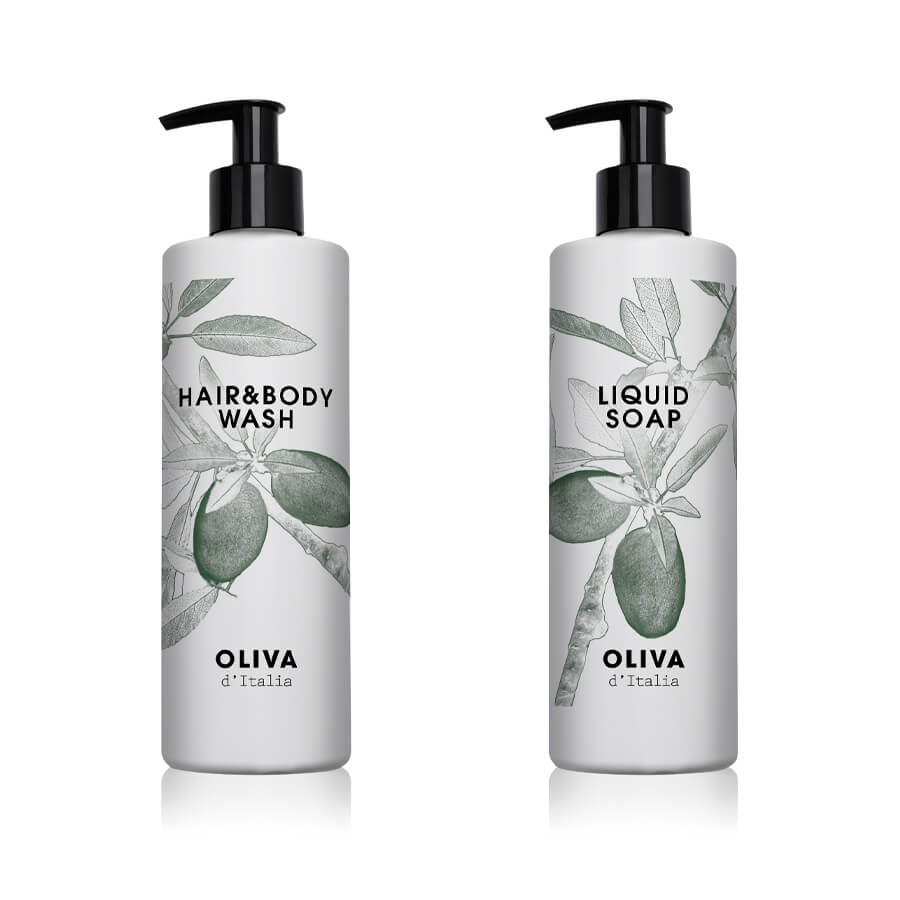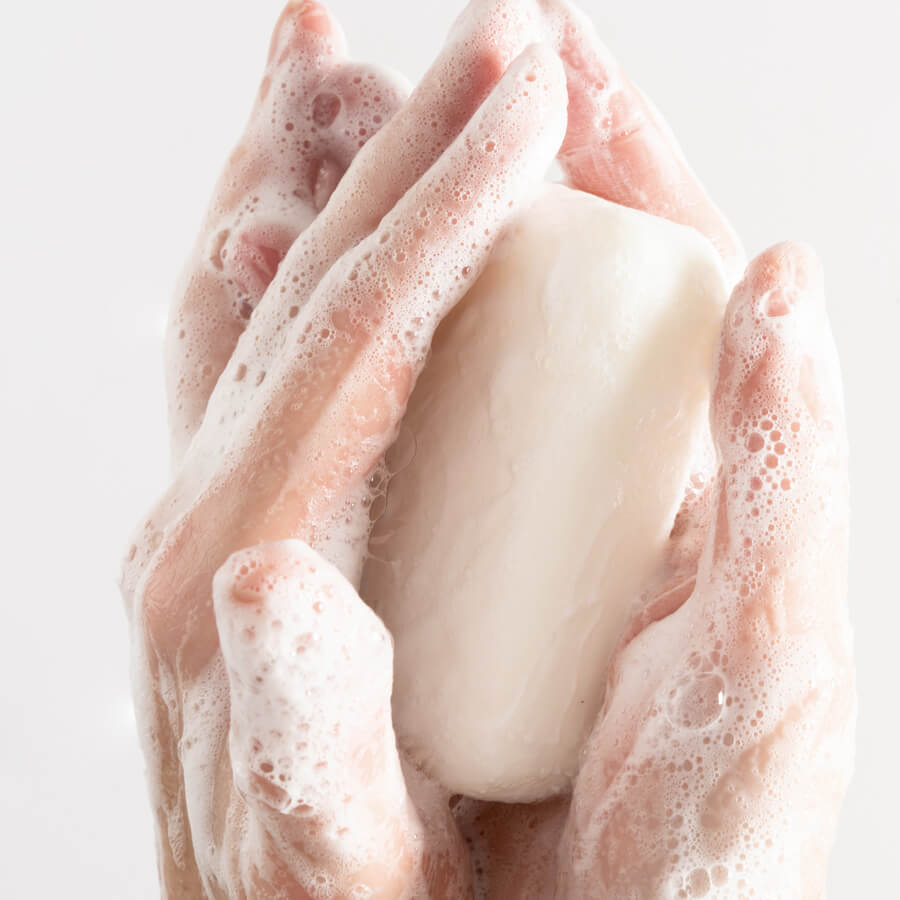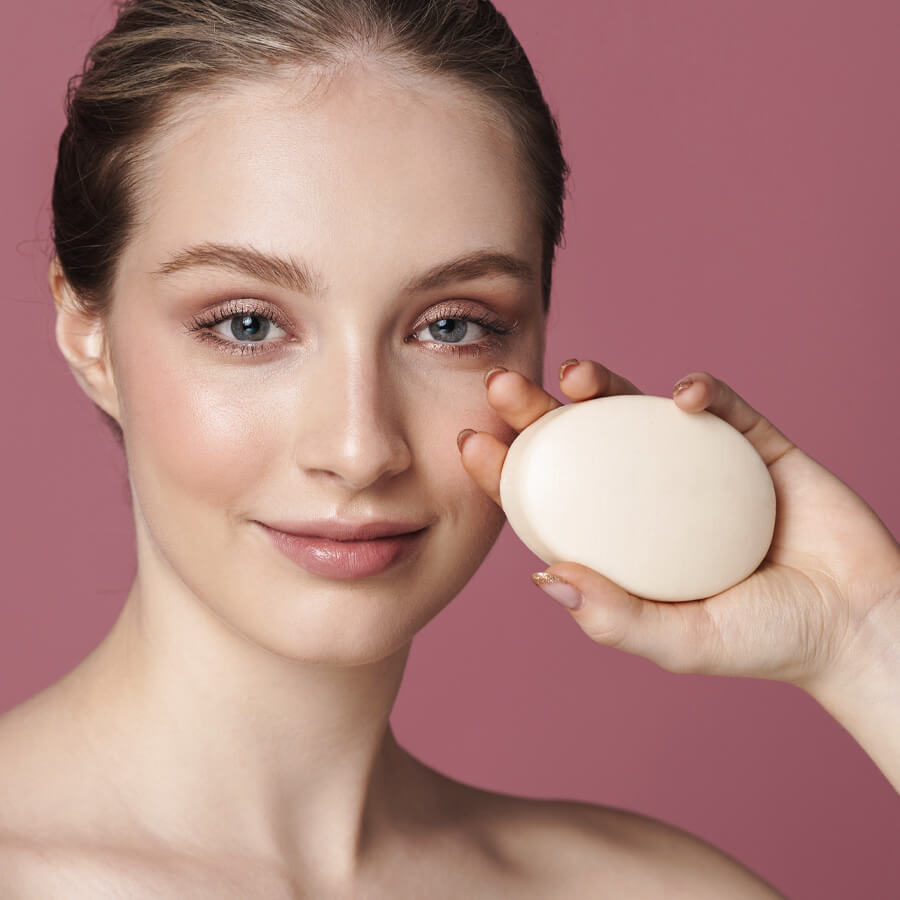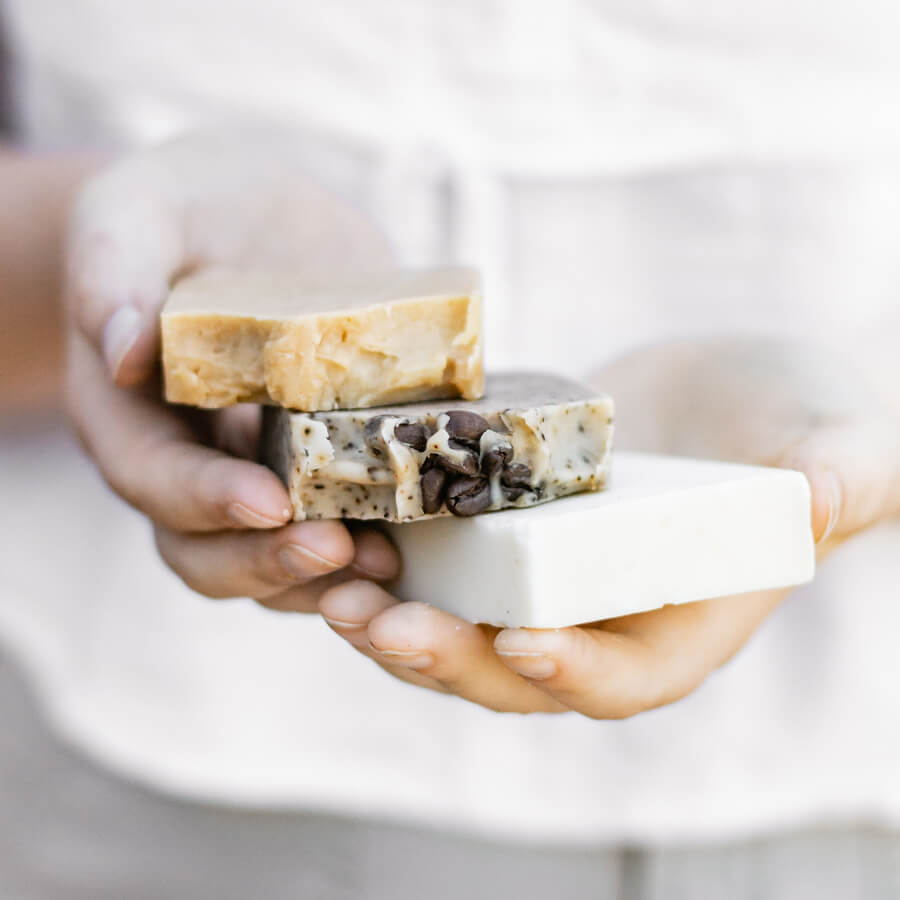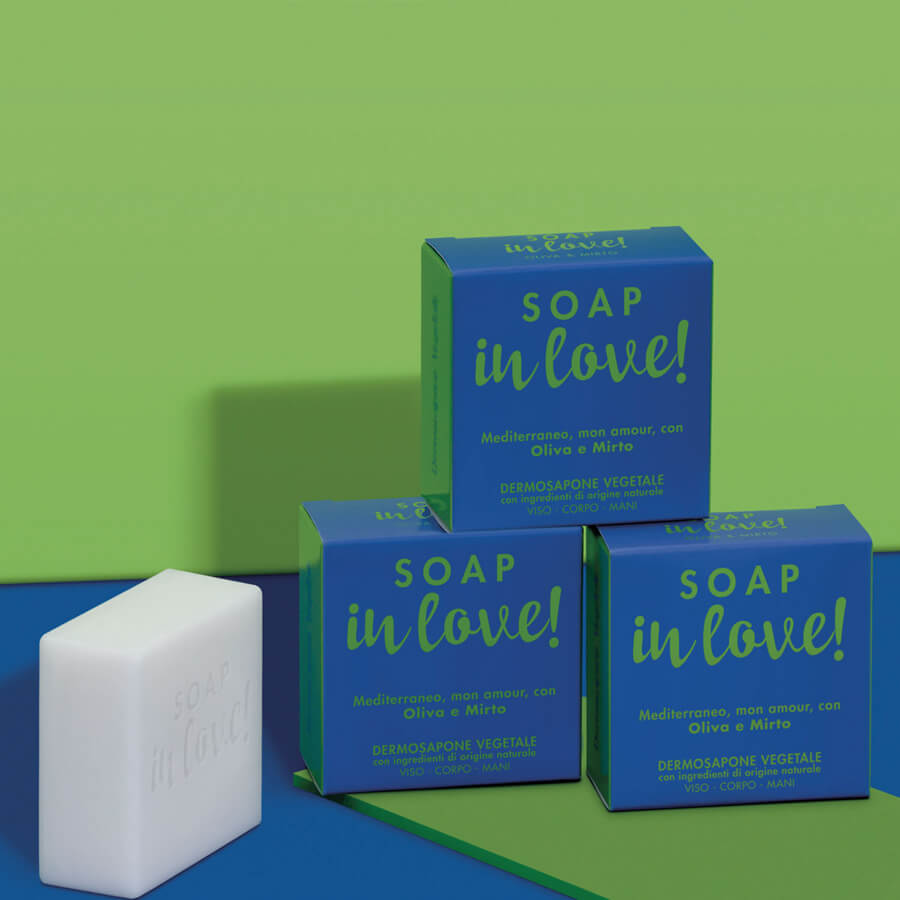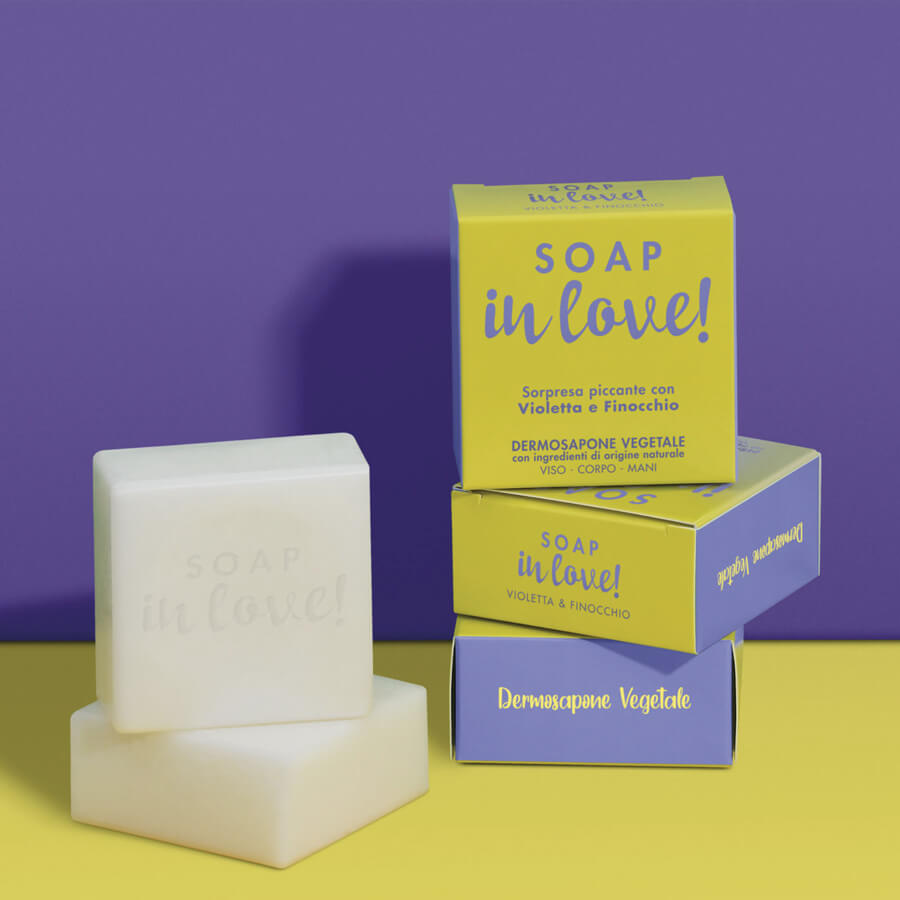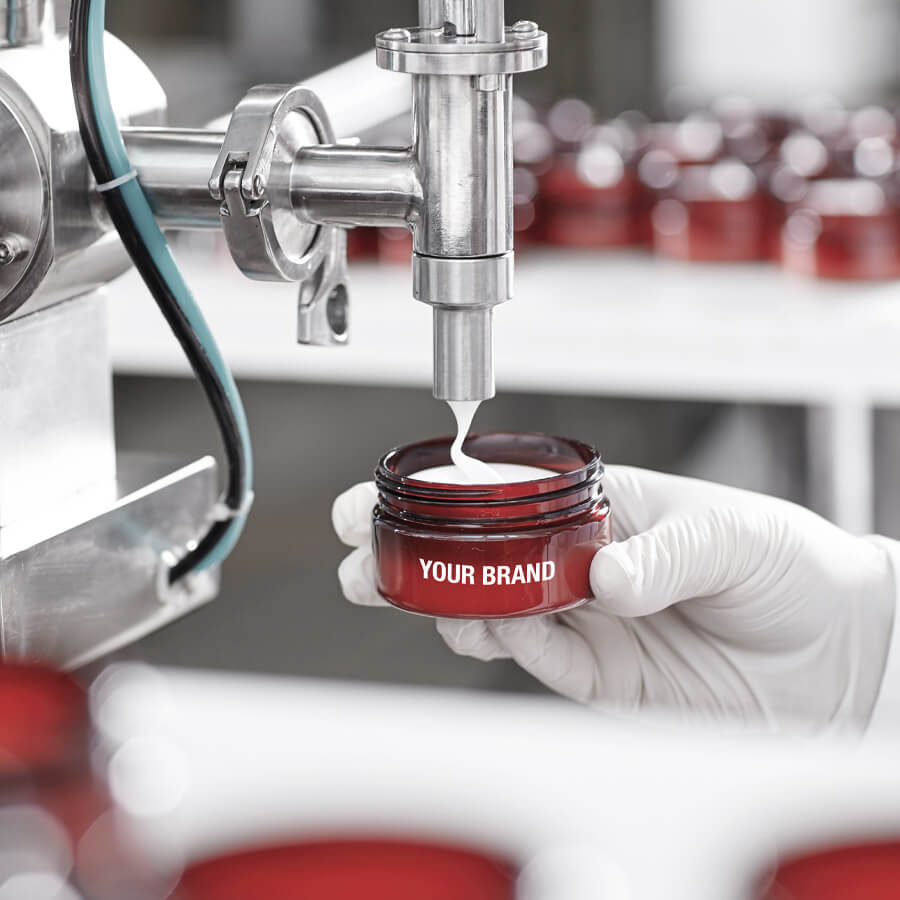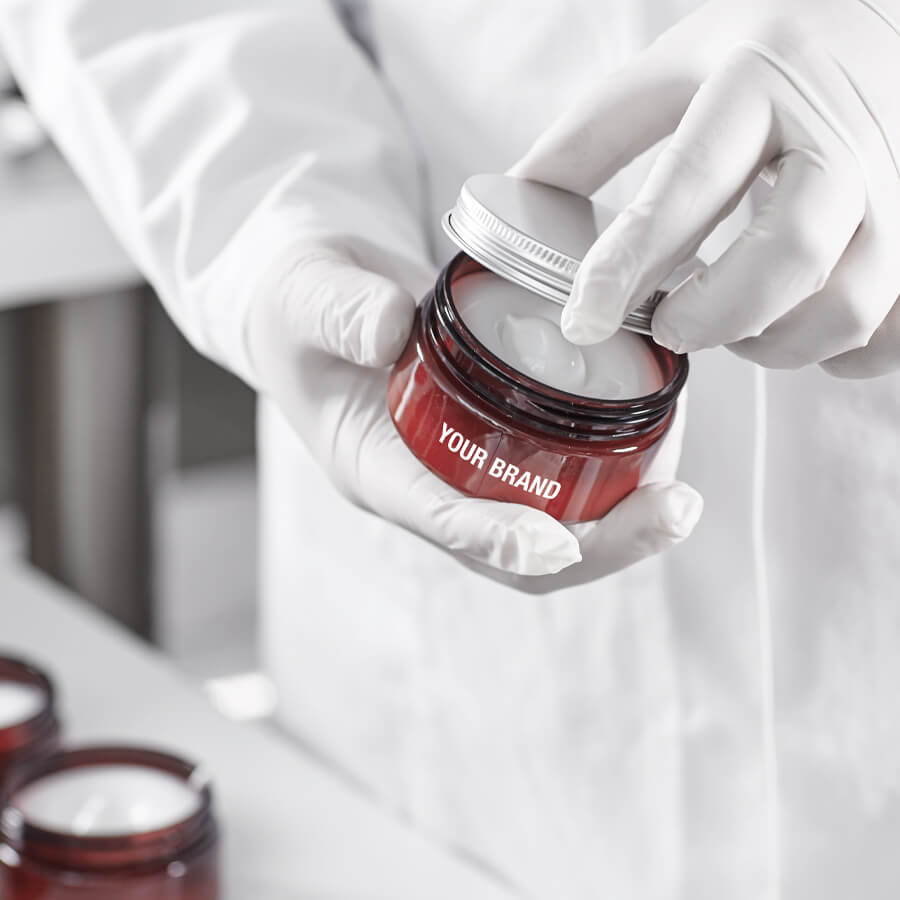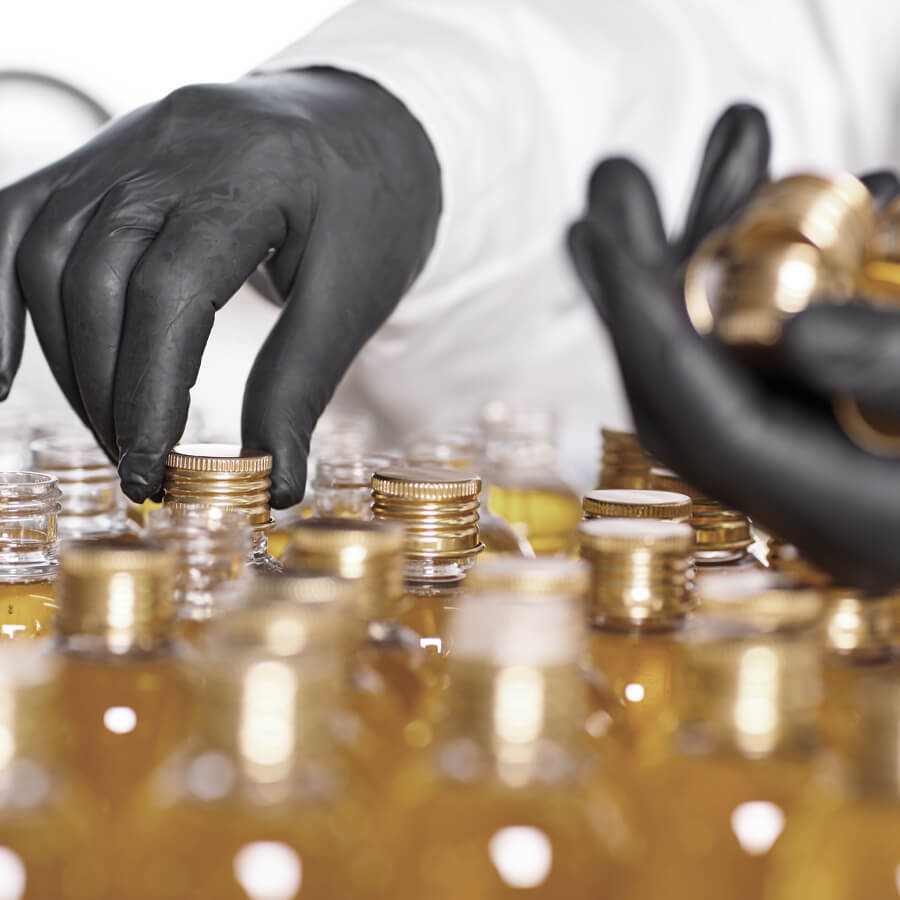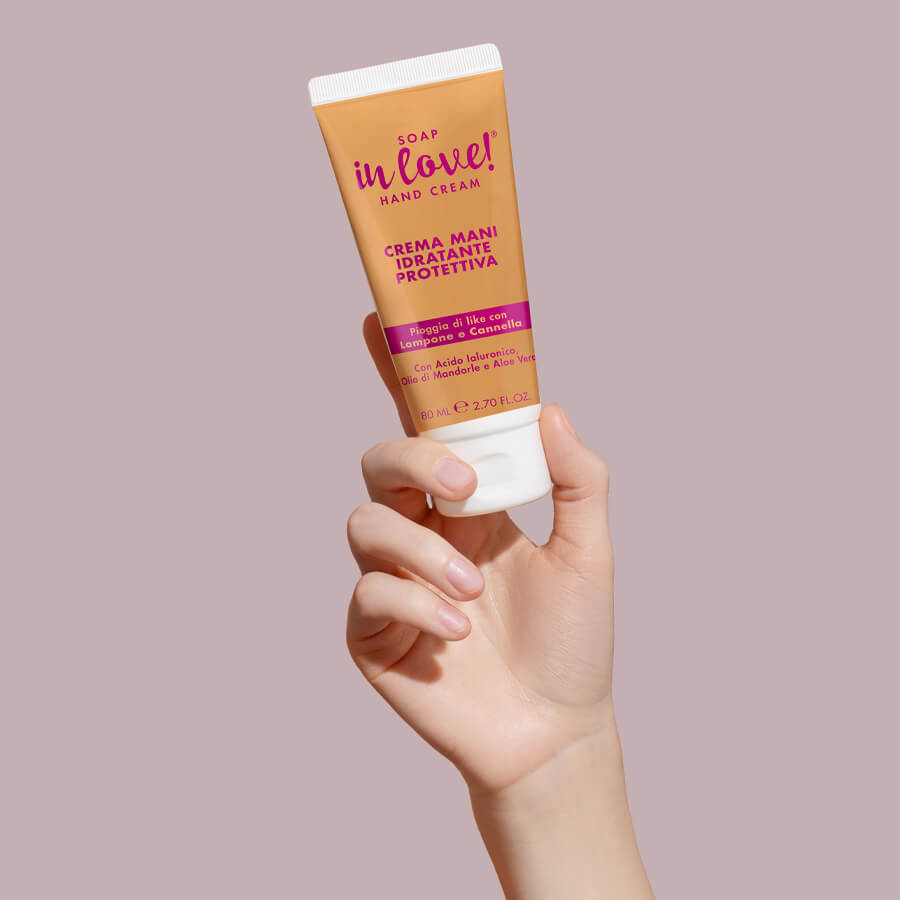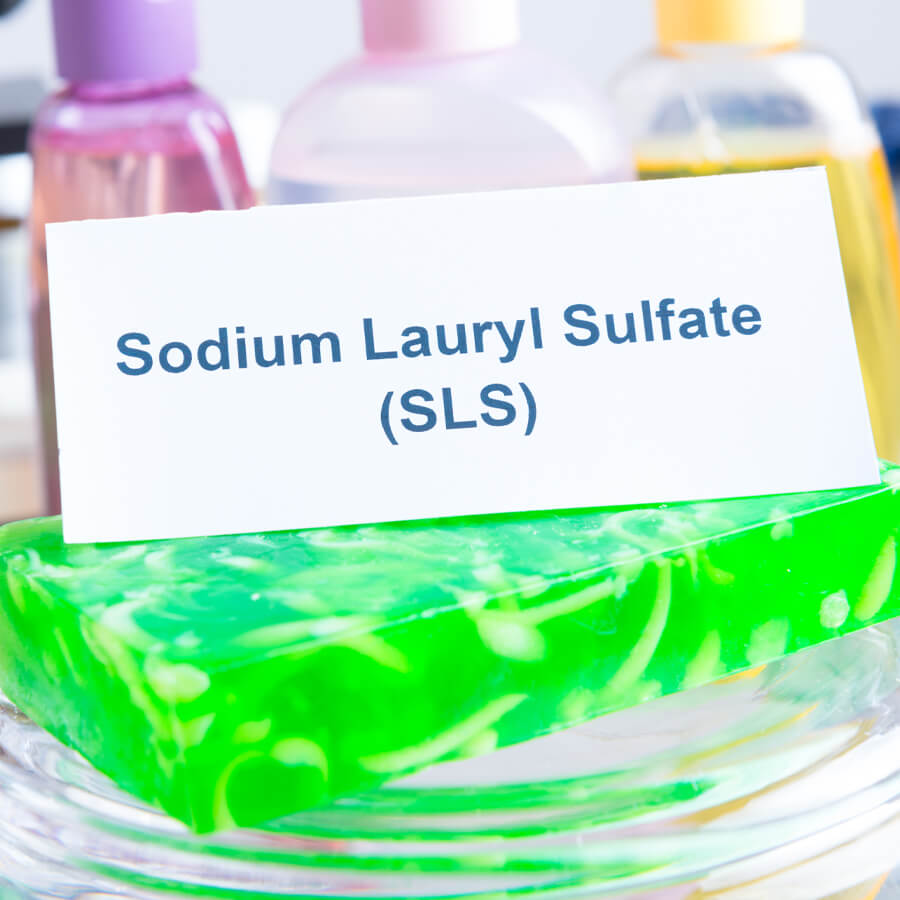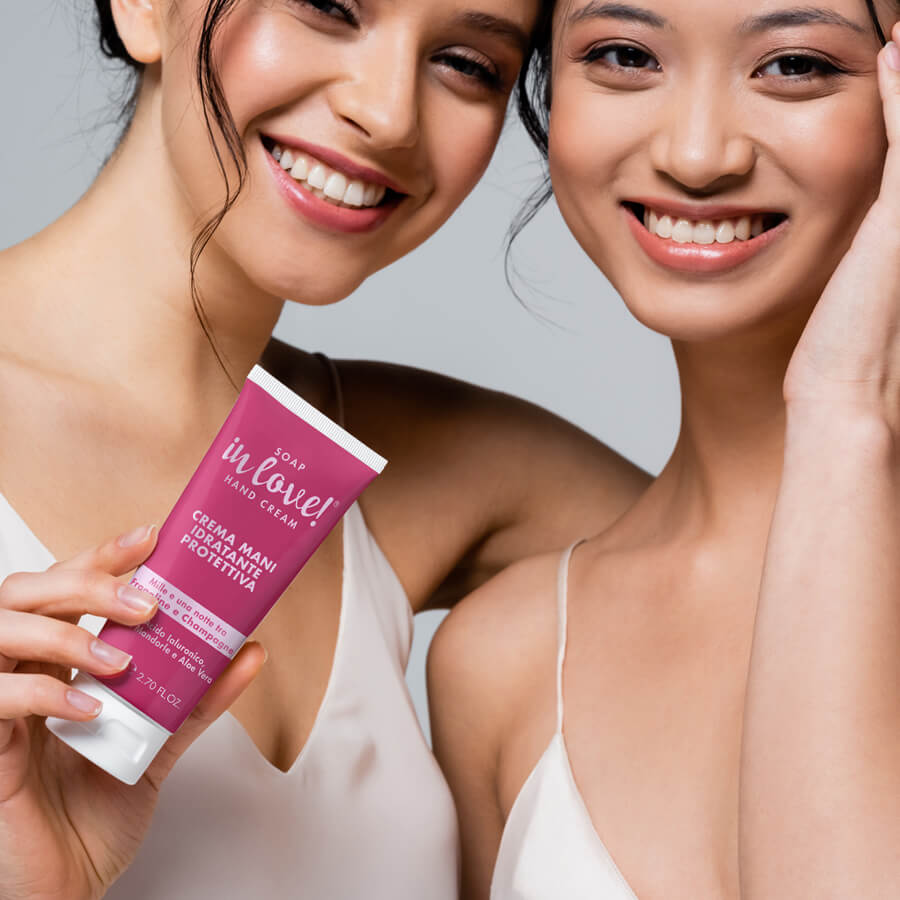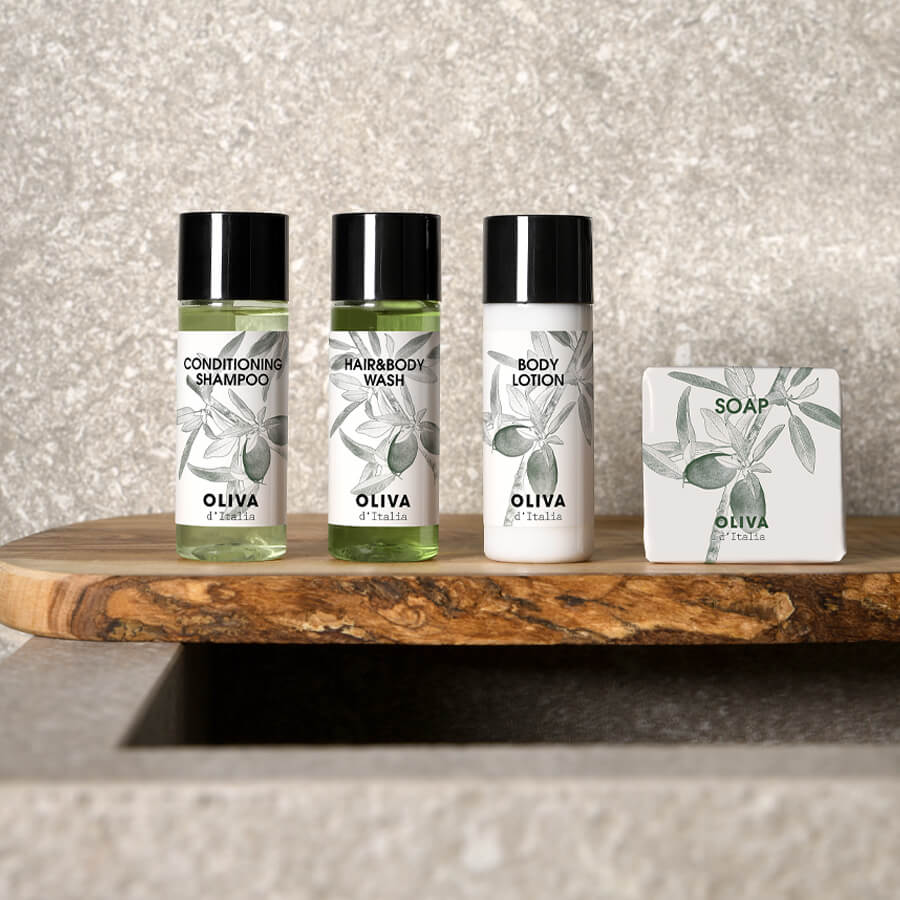
The lines of courtesy kits for guests are increasingly innovative and ecological. Up until now, hotel guests have always used small bottles but to safeguard the environment and to contain costs, the use of dispensers is becoming increasingly widespread.
Today there is a new idea that revolves around courtesy kits, which is to offer well-being and comfort to hotel guests through precious soaps, shampoos, shower and body creams. Generally, these are products of such high quality that many customers ask to be able to buy them even for use at home.
Welcoming in the best way possible is essential for any self-respecting hotel. A complimentary hotel line set may include:
- body lotions
- shampoo and conditioner
- liquid or solid soap
- shower gel
- intimate cleanser
Obviously, the more products it includes, the more the guest’s satisfaction will be guaranteed.
Solid cosmetics for hotels
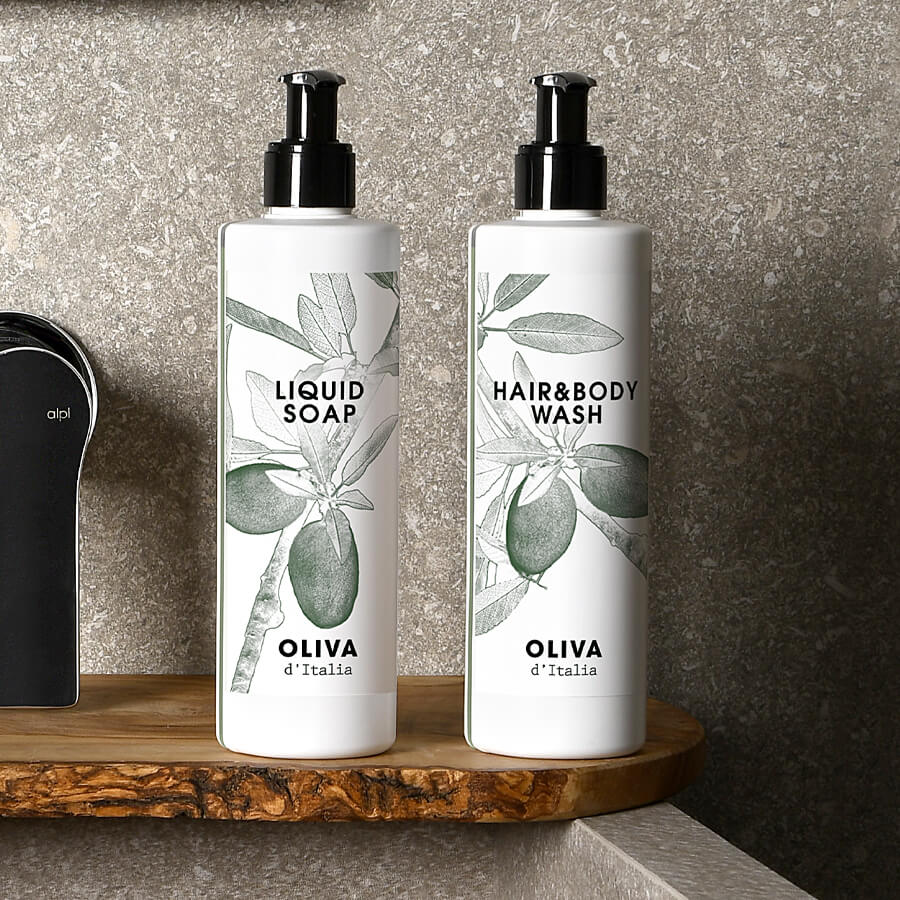
The hotel facilities that constantly strive to follow the trends of the moment are adapting to the new needs of respect and eco-sustainability, opting for shampoo and body wash in solid format. These are truly eco-friendly cosmetics that avoid the need for plastic containers for liquids.
This type of product is created with the sole use of natural and biological substances that are not harmful to the environment or even to humans.
Albogroup is one of the first companies that has believed in this important market trend and for many years it has been producing solid cosmetics for high quality hotels able to combine respect for the environment with the other performances of a truly innovative cosmetic product. Albogroup’s new solid shampoos or shower gels are even more sustainable because they are designed so that they can be divided and used for multiple showers, without waste. Shampoos, conditioners, body wash, intimate cleansing products and hand soap are available, all in a solid and ultra-delicate state using ingredients of natural and organic origin, such as Aloe Vera, Chamomile, Oatmeal, Olova Oil and Panthenol, to name just a few. Discover the line of Hotel Amenities Solid.O Original by Albogroup and request further information if you are looking to develop your own private and personalised solid line.
Contact us for more information
Sachets and mini-bottles for hotels
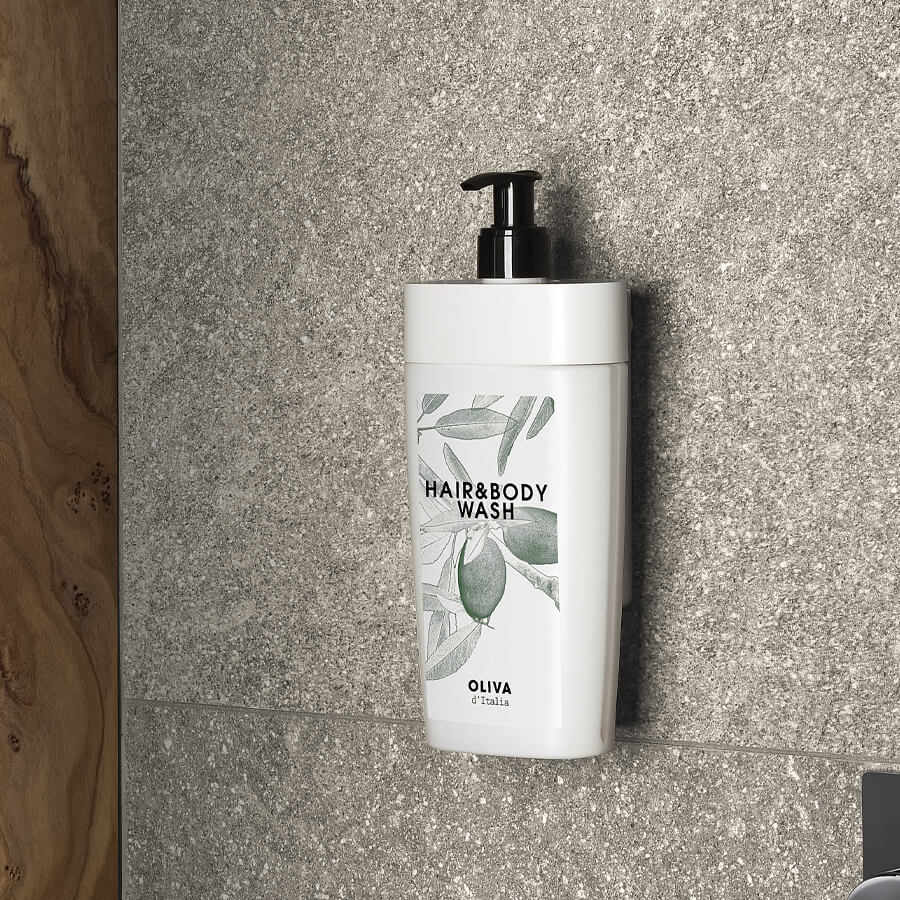
The courtesy kits contain products for personal hygiene both in sachets format and in mini-size bottles, with particular designs and unique materials.
These are small 100% recyclable plastic bottles with elegant packaging and in various fragrances, such as the Albogroup Amenities Design collection. These are 10 complete lines of customisable bottles, with an essential and modern design. Albogroup’s collections of Amenities Design hotel bottles have quality formulations with refined fragrances and ingredients and are fully customisable with labels or silkscreens according to the customer’s requirements.
Albogroup single-dose or Sachet sachets, contain all the products useful for the beauty routine in the hotel. They can be customised in many formats and weights. Albogroup provides a complete and personalised service, able to respond to every requirement, providing innovative product and packaging solutions. The Albogroup sachets are particularly suitable for liquid cosmetics, products for hygiene and the cleaning of hands and surfaces, shampoos, shower, wipes and for many more uses.
Shower and body creams for hotels
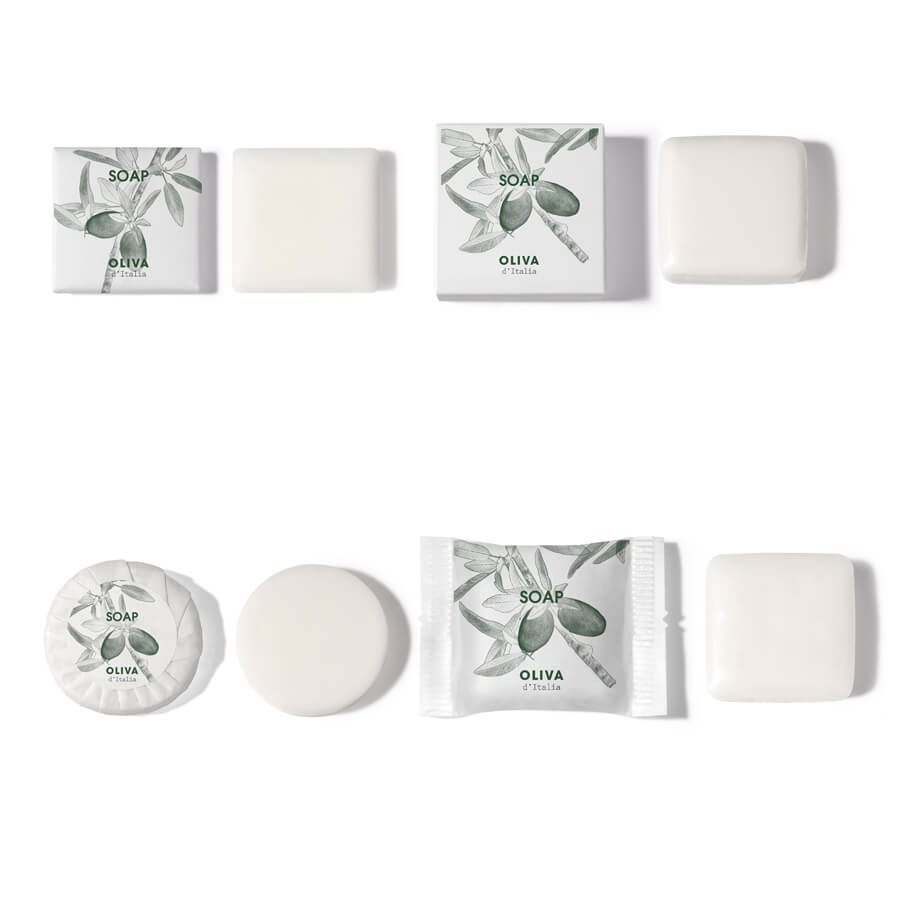
The beauty routine is very important and often, when travelling, it is not always possible to pack all the creams and cosmetic products that we normally use.
Fortunately, many hotels offer their guests complimentary kits that also include shower and body creams.
The Albogroup lines are of high quality and are produced with respect for the environment. The creams and body washes are designed to give well-being and comfort to anyone who uses them. But there is much more because for Albogroup the concept of Clean Beauty is a choice not just a trend. The concept of “clean beauty” focuses on the content, in particular, and on formulas that have been specifically developed to be effective and safe, endeavouring to eliminate anything that could harm the planet or our skin. A need for simplicity that is now also essential for hotel amenities. For this reason Albogroup prefers to offer its customers cosmetic products without added dyes that are as natural and as “clean” as possible. In fact,our Albogroup Amenities Hotel proposals include products with the following green claims:
- NO ARTIFICIAL DYES
- NO MINERAL OILS
- WITH INGREDIENTS OF NATURAL ORIGIN
- WITH ORGANIC INGREDIENTS
- WITH CERTIFIED INGREDIENTS
Why are dispensers so important in hotels?
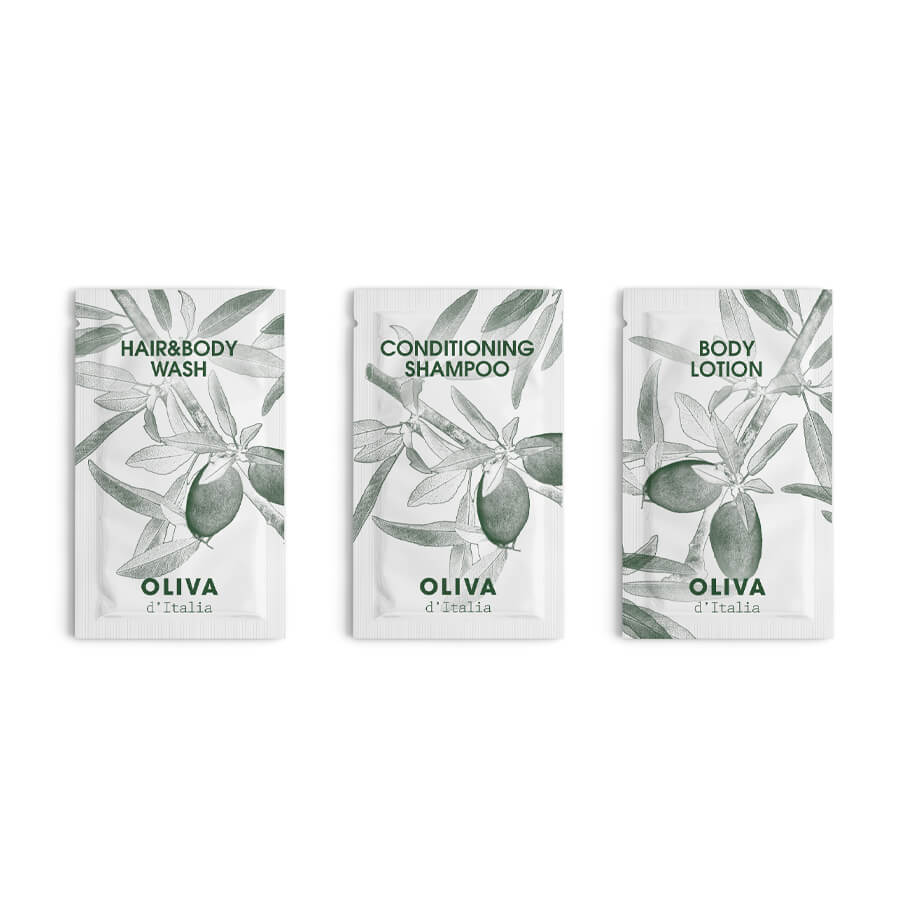
Dispensers are becoming increasingly popular and in demand in hotels because they are eco-sustainable and made of 100%recyclable or recycled plastic. They are the choice made by all the generation 4.0 hotels, without compromising on elegance and design.
In addition to attention to the environment, the new dispensers for hotels result in no wastage of the product but instead dosing the right quantity each time. A significant step forward compared to traditional mini-size bottles. The Albogroup Design Collection of wall-mounted dispensers is a clear example of this: original design products, designed and produced exclusively by Albogroup, with an innovative system for attachment to the wall, which can be customised as desired to make them an actual piece of furniture.
Contact us for more information
Which courtesy products can be customised?
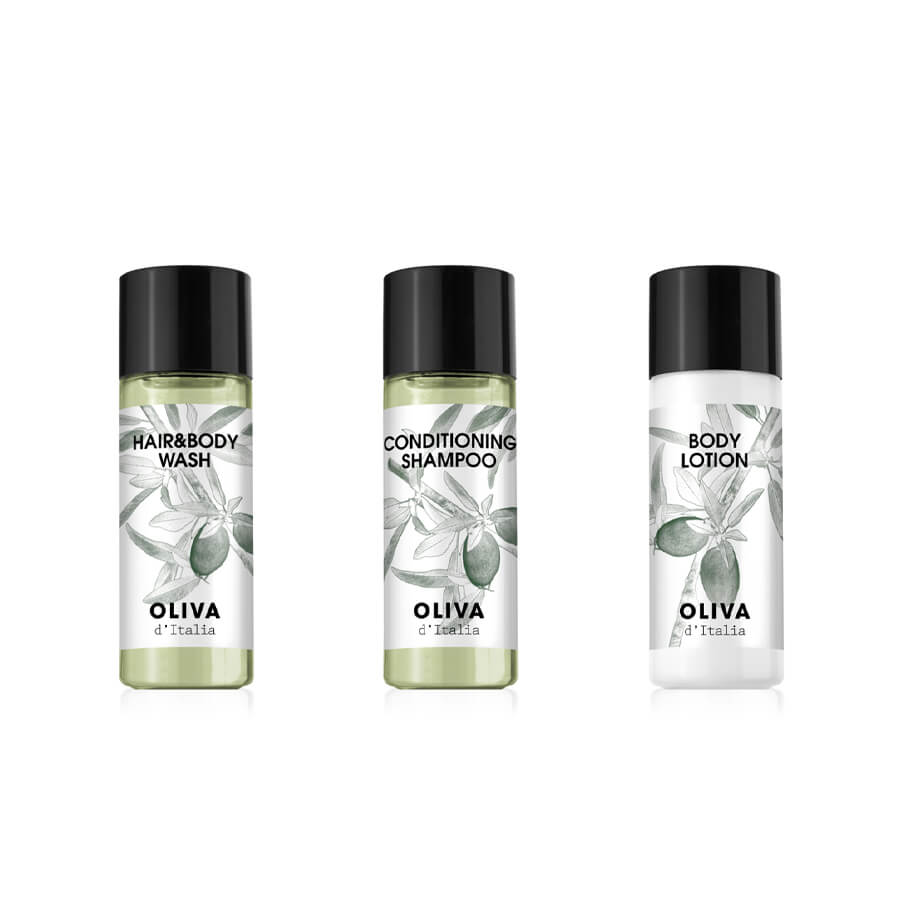
Nowadays, hotels are increasingly attentive to the impact that their hospitality has on the guests they accommodate. In the past soap and cosmetic kits were not given too much importance. Today, however, it is considered an added value that reflects the image that the hotel seeks to convey to customers. Attention to small details is become increasingly important.
Today it is possible to have fully customised courtesy sets in hotels. Behind this customisation is the work of marketing and of researching distributors specialised in the sector that interface with hoteliers to understand what their particular needs are.
The colours, formats and logo are chosen with care and professionalism by marketing experts. The customisation service includes the choice of colours, packaging, packaging materials, fragrance and much more besides.
There can be various types of formulas. Usually, it is advisable to opt for products that are suitable for all types of skin or hair, or even for specific products for children, with delicate natural ingredients and appropriate for the most sensitive skin. The courtesy line for children is very popular with families in many hotels. An example is the courtesy line for children Albogroup Beba Lena & Friends , captivating and ironic, perfect for the most delicate skins. Available both in convenient coloured Sachets and in the innovative solid version.
An example to understand how customisable a courtesy line can be is that of personalised soaps. The disposable soap is available in many different weights so that each hotel can choose the one that best suits its customers.
The advantages of a personalised courtesy line
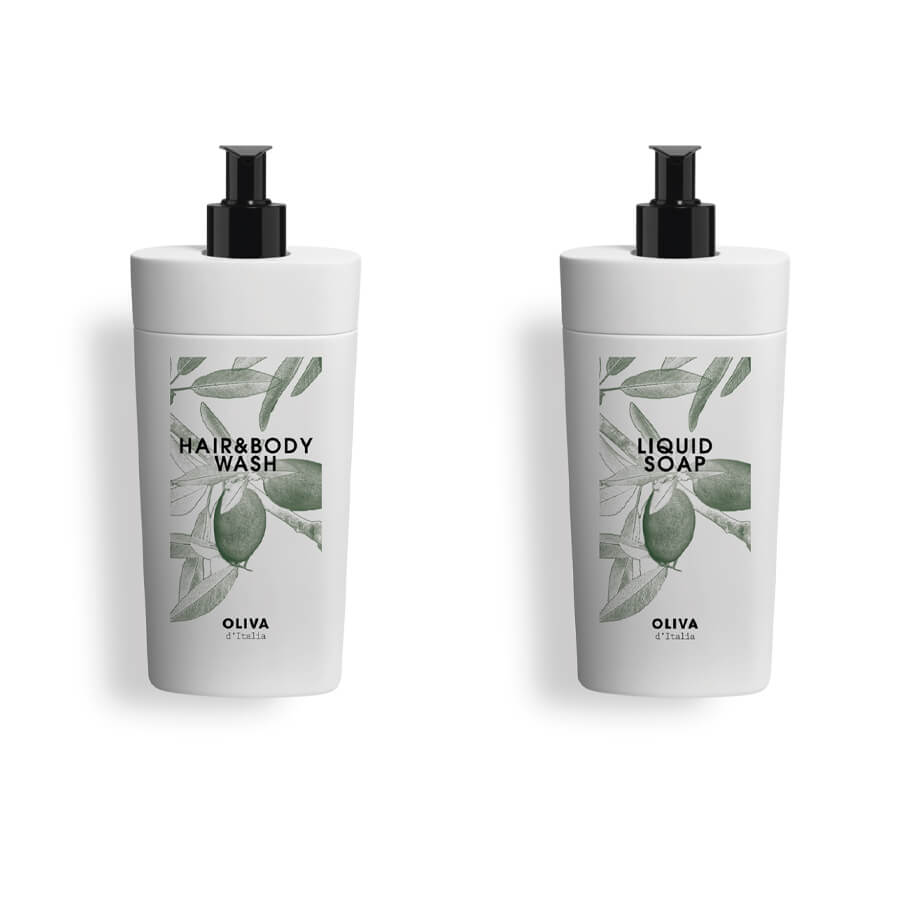
Having a personalised courtesy line means being able to communicate an image of class and elegance to your customers. The fragrances and colours of the packaging are chosen in line with the values that the hotel seeks to convey and are personalised with professionalism. Choose from mini-bottles, sachets or dispensers. The materials used are all eco-sustainable and the products are true high-end cosmetics for body and hair care.
We might ask ourselves what are the differences between a generic courtesy set and a personalised one. The personalised one is a custom-made product, designed specifically to communicate a “world” and a story. It has a much stronger evocative power of structure values than a generic set.
Discover the elegant collections of Albogroup Hotel Amenities.
